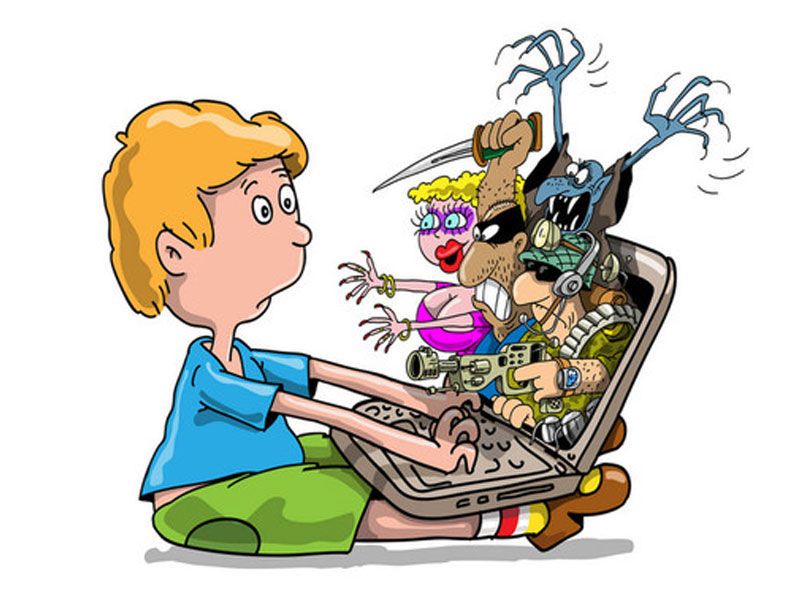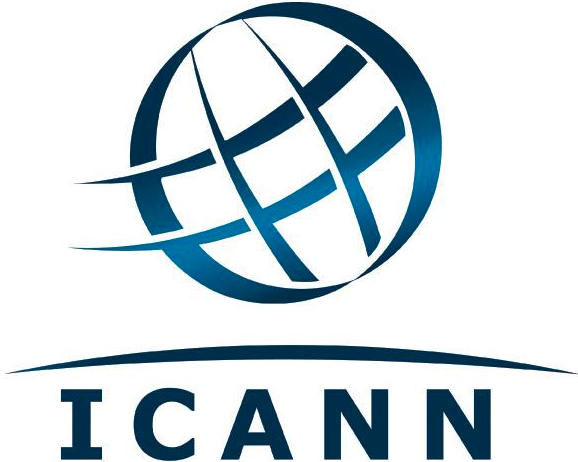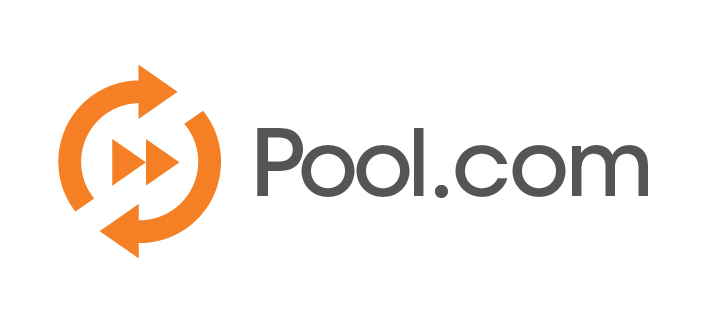When we were children, we used to read paper books. We played hide-and-seek on our backyards and the word of wisdom was the word of our parents. Since then a lot has changed. Kids sit in their rooms, suprisingly shy, and play online games. And if something is unclear, they rarely ask parents – only if Google can not answer. Everything is easier today.
But does “easier” mean “more safe”? How can today’s parents limit the boundless backyard of the Internet?
Obviously, there are several measures that could be taken by parents to protect their beloved youngsters. In the USA there is the general Act which regulates the Internet access in public places – the CIPA (The Children’s Internet Protection Act). It requires that K-12 schools (from kindergarten to the age of 12) use Internet filters to protect children from negative experience online. This Act also implies that every K-12 school should work on its own list of security measures besides protection programmes like Parental Control.
Parental Control is the most popular programme which automatically blocks certain content including pornography or indecent pictures of someone a kid does not know. The system is quiet successful but there are some cons of it: if the Parental Control is not updated every month, it becomes outdated and therefore useless. Furthemore, this programme sometimes blocks harmless content and overlooks harmful.
Every website for children in the USA has the ‘legal stuff’ panel where all the regulations are listed. For instance, the website ‘KidsCom.com‘ has this panel with special section for a kid and the one for a parent. Both learn that this website works permanently to protect visiters from inappropriate content. Children are free to sign up and at the same time are told that they should ask their parents for advice if something is obscure.
There is also the giant international social community ‘Club Penguin‘ which automatically blocks offensive language or outside links. Some too active members of the community can be even banned for an hour.
On the website ‘Pottermore‘ dedicated to books and movies about Harry Potter developers provide every member with the nickname which does not contain any personal information. This community also allow kids to register if they confirm they have obtained permission to do it.
Finally, this community can suspend child’s access if parents inform developers they do not permit a kid to use Pottermore.com.
The above-mentioned measures taken on three particular websites are not unique. At the same time they are fundamental for every website for kids. Every time your child visits a website, ensure that it is safe, the panel with legal stuff exists and contains necessary information and Parental Control is activated. Or just dress your kid and go for a walk. With you he is always in safety.
Darya Philippova



